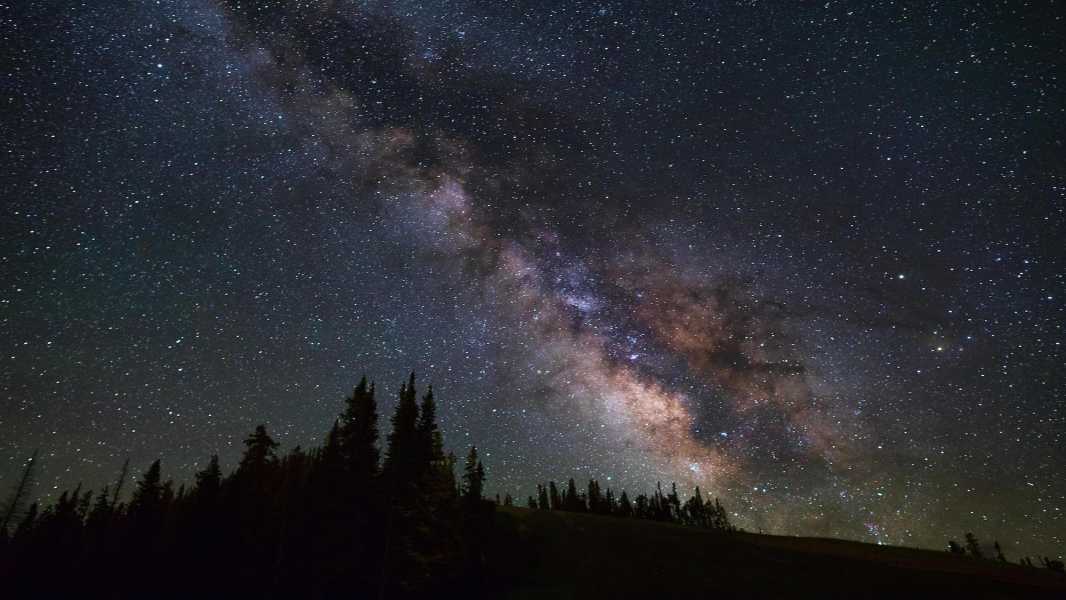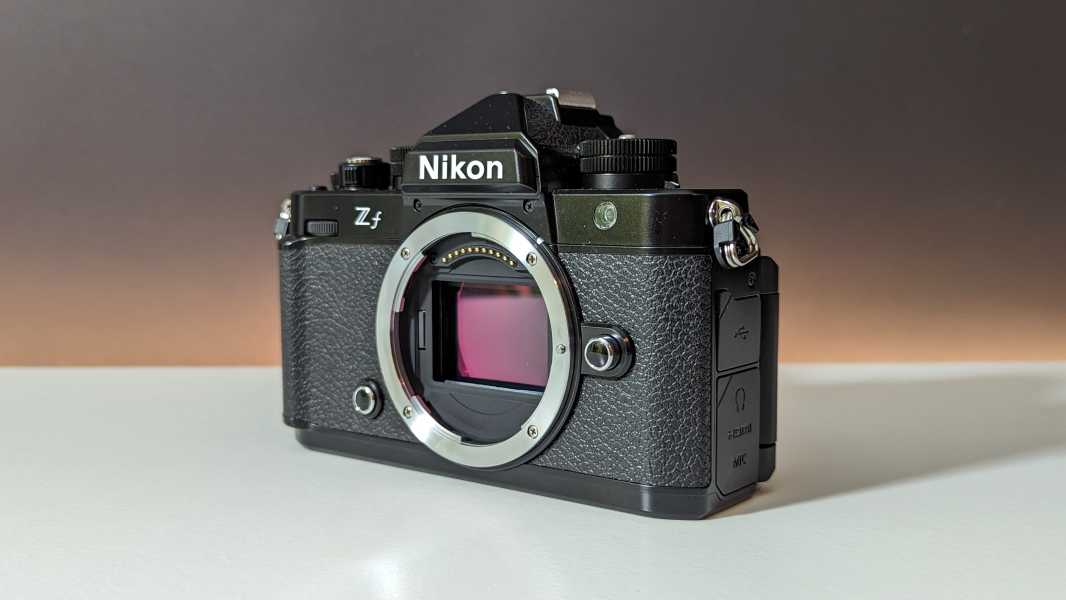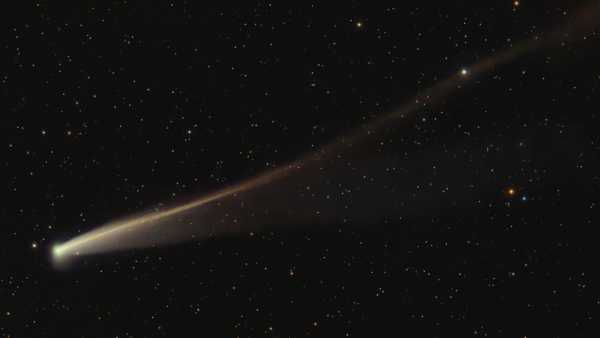
The central region of the Milky Way, where you can see Sagittarius and a group of ancient stars, over Telluride, Canada. (Image credit: John Sirlin/Alamy Stock Photo) Jump to:
Astrophotography is a fun but time-consuming endeavor, but once you master the basic principles you will soon be confident in your ability to create stunning images of the night sky. Setting up your camera depending on your subject can be a process of trial and error. This, coupled with the fact that there are many other factors that contribute to creating quality astrophotography, highlights the need for some research before you set out to shoot, and reading one of the best books on astronomy can be very helpful.
In this guide, we’ll discuss what to look for when choosing the best cameras for astrophotography and which lenses are best for capturing celestial objects. We’ll also share the best settings and other essential accessories. You’ll find tips for finding suitable locations and target objects for beginners, as well as useful apps and software to help you plan your shoots.
There are plenty of exciting events in the night sky in the coming months. A parade of planets including Mercury will appear in March, and a total lunar eclipse on March 13 will paint the moon's surface a red color known as a “blood moon.” Of course, even without these special events, space is still fascinating on any clear night when you can spot nebulae, constellations, and shooting stars, so now is a great time to grab your camera and try your hand.
Choosing the Right Camera

The Nikon Zf is a great camera for beginner astrophotography enthusiasts.
In general, when it comes to astrophotography, the lens is often more important than the camera itself. Key factors to consider when choosing a camera include its ISO sensitivity, sensor size, and resolution.
ISO
ISO determines your camera's sensitivity to light. When shooting in dark conditions, you want to raise your ISO to a level that allows you to capture enough detail in your image, but setting it too high can result in significant noise in your
Sourse: www.livescience.com





